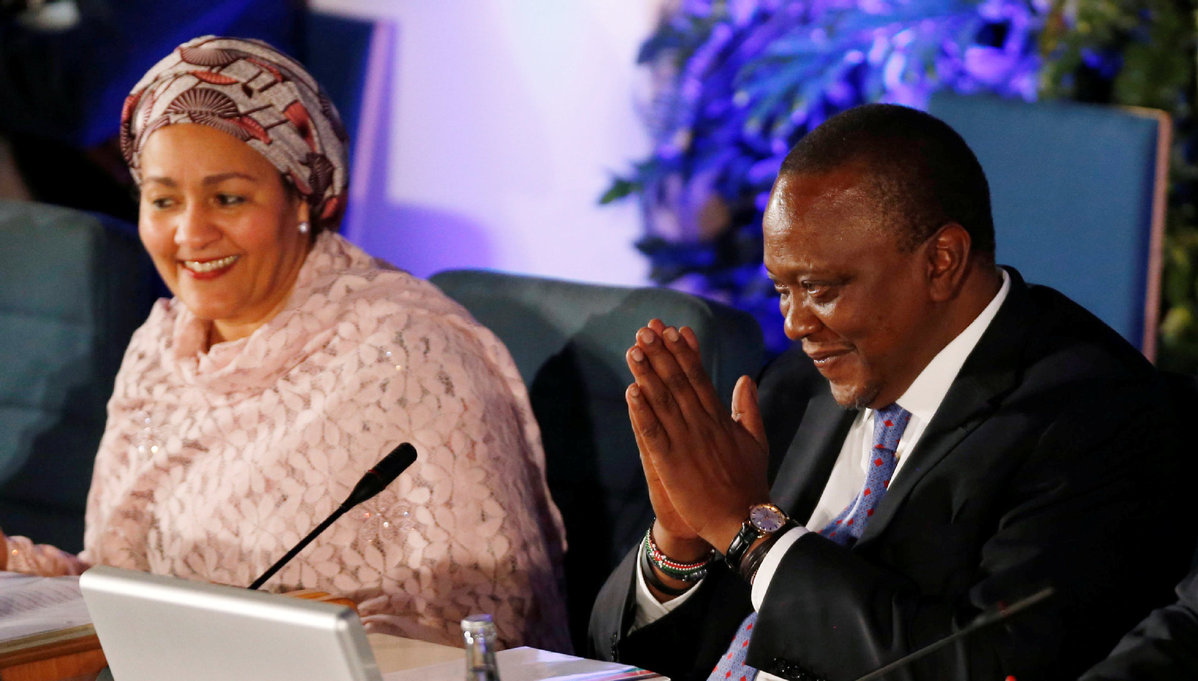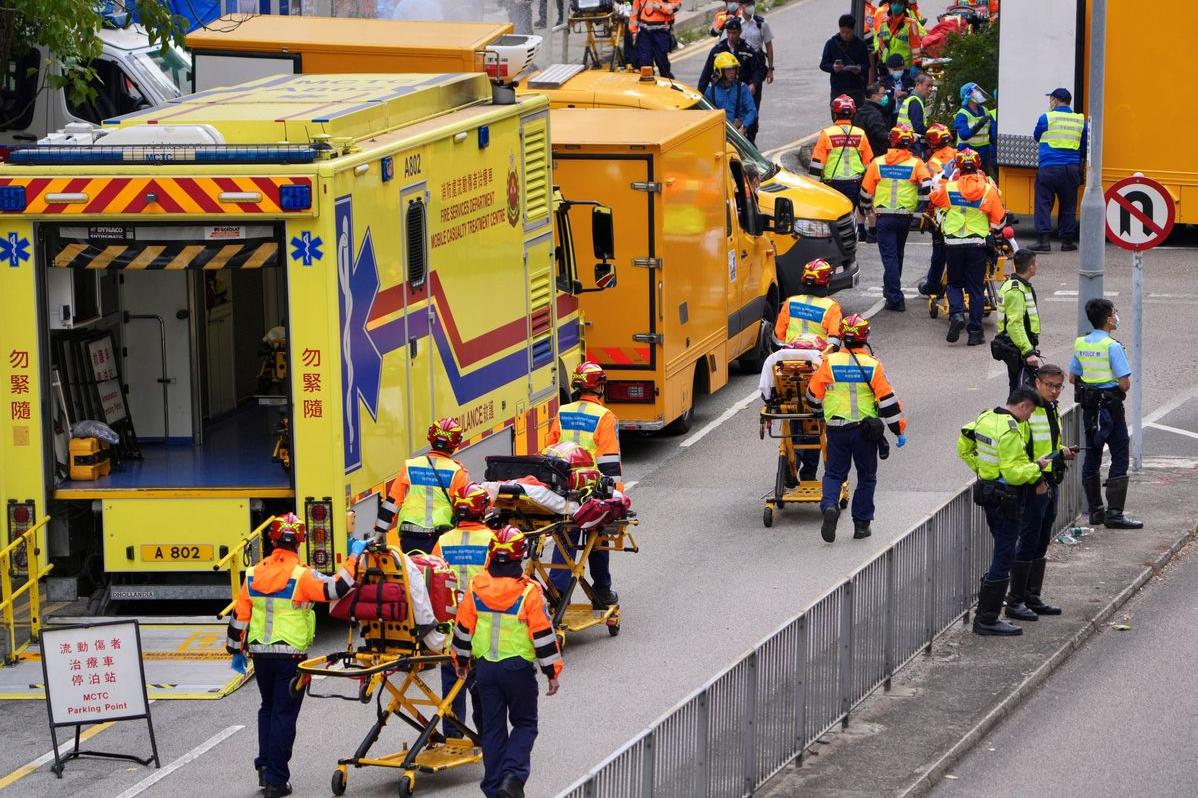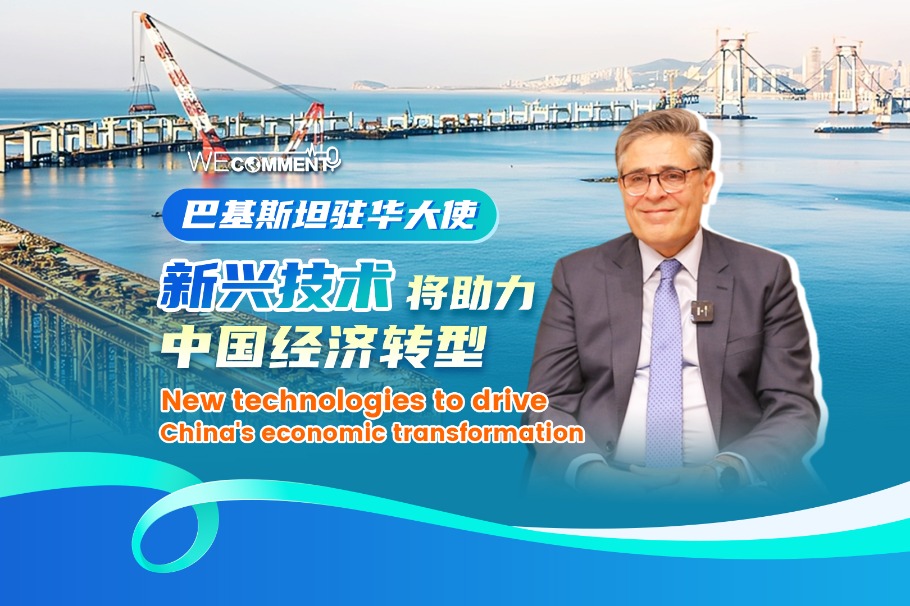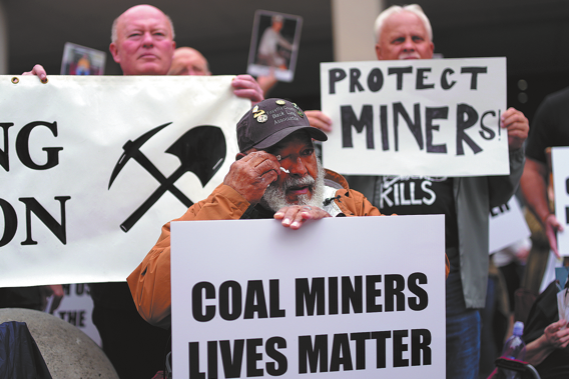Three more countries join UN's Clean Seas campaign
By Edith Mutethya in Nairobi, Kenya | chinadaily.com.cn | Updated: 2019-03-16 08:49

Antigua and Barbuda, Trinidad and Tobago, and Paraguay on March 15, joined United Nations (UN) Environment's Clean Seas campaign, bringing the number of countries now involved in the world's largest alliance for combating marine plastic pollution to 60.
The three nations signed up during the Fourth UN Environment Assembly in Nairobi where more than 4,700 delegates from 170 countries met to hammer out new guidelines to enable humanity to prosper without degrading the planet's already depleted resources.
Launched in 2017, the Clean Seas campaign works with governments, businesses and citizens to eliminate the needless use of disposable plastics and protect oceans and rivers from a toxic tide of pollution that is endangering livelihoods and killing wildlife. The alliance now covers more than 60 per cent of the world's coastlines.
Antigua and Barbuda banned single-use plastic bags in 2016, becoming the first country in the region to do so. The island nation is now working to eliminate polystyrene products, which it hopes to achieve over the coming years. It is also looking to expand its recycling capacity and extend a scheme for collecting and recycling plastic bottles.
Molwyn Joseph, the minister for health, wellness and the environment in Antigua and Barbuda, said since introduction of the region's first ban on single-use plastic bags in 2016, the country has been a pioneer in the fight against marine plastic pollution.
"We are delighted to join the Clean Seas campaign and share our drive and experience with other nations so that together we can take decisive action to turn this toxic tide that threatens livelihoods, wildlife and the survival of our oceans," Joseph said.
He said the world is witnessing a deadly creep of environmental degradation. "We should not bequeath this to the generations of the future. Leaders must now take action. We hope that by joining the Clean Seas campaign, we can galvanize global support for this urgent cause," he added.
Landlocked Paraguay has committed to clean its polluted rivers, starting in the capital Asunción. As a first step, in February more than 1,000 volunteers cleared 43 tons of waste from the Mburicaó River.
The country's ministry of environment hopes to restore the river to its former glory while also raising awareness among local people of the need to dispose of their waste responsibly.
"Pollution of our planet's rivers and waterways is a global issue and all countries need to play their part, including landlocked nations," said Ariel Oviedo, Paraguay's minister of environment and sustainable development.
He said Paraguay, along with three other South American countries, is home to the Guaraní Aquifer, one of the world's largest freshwater reserves, and that his country was excited to join the global movement to fight marine plastic pollution.
"We hope to inspire our citizens and others to fully commit to positive actions to ensure the survival of our rivers and oceans," he added.
Among Trinidad and Tobago's top priorities is reinforcing its waste management system while also educating the population about the need to separate household waste.
Camille Robinson-Regis, the minister of planning and development of Trinidad and Tobago, said they were delighted to join the powerful global movement to tackle marine plastic pollution.
"As a twin-island nation with limited space, we are keen to develop sustainable waste management solutions and expand our recycling capacity. We have seen the devastating effect of plastic pollution on our beaches and we want to be part of the global solution," she said
Every year, around eight million tons of plastic ends up in the oceans, poisoning fish, birds and other sea creatures. That's the equivalent of one garbage truck of litter being dumped into the sea every minute, according to the UN.
Plastic waste, in the form of micro-plastics, has also entered the human food chain, and the consequences are not yet fully understood.
Awareness of the need to act decisively against plastic pollution has been growing in Latin America and the Caribbean, a region that is particularly vulnerable to marine litter and other environmental threats caused by changing climate, such as increasingly powerful storms.
























